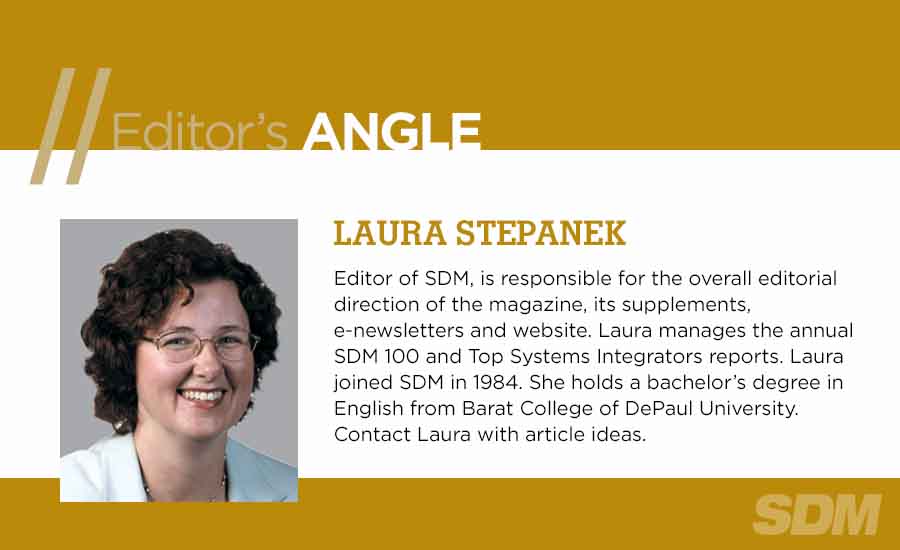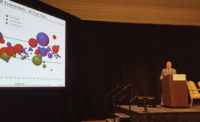How would you rate your ability to operate a security company in a complex environment? The fact is that business-operating complexity may be one reason the security industry is contracting.
Michael Barnes, founder of Barnes Associates — a consulting and advisory firm that specializes in providing financing, acquisition, divestiture and valuation services to the security alarm industry — addressed the consolidation question and spoke about threats to the industry’s growth at the 24th annual Barnes Buchanan Conference held last month. In a three-hour presentation, “Security Alarm Industry Overview,” Barnes identified six perceived threats to the future of the security RMR business, and discussed whether the facts support or dispute each threat:
-
Market saturation
-
Scale economies advantage
-
Cable companies/MSOs
-
Do-it-yourself (DIY)
-
Technology exclusivity
-
Operating complexity
Interestingly, while the industry currently is wound up about the influx of DIY security providers, Barnes concluded that that threat is relatively low, with the DIY players holding only 2.4 percent share of the industry’s RMR. “I think generally, from what we’ve seen, these players are not taking share from your existing customer base,” Barnes said.
“What we’re seeing is that this segment is growing materially, but it’s expanding the market. It’s taking people that don’t have an alarm system, or never really used one, and giving them an easier pathway to understand what alarm systems really do. We think that’s helpful for the industry,” he described.
The surprise threat — one that I think all security dealers need to be watchful of — is “operating complexity.” According to Barnes’ data, the 8,000 to 12,000 small dealers in the U.S. had about 49 percent market share in 2009 and today the same group has about 38 percent market share. “There are some good indications that the smaller guys are just having a tougher time or are not growing as fast as the entire industry. As to why, in my mind it’s predominantly how complex it is to operate a company in today’s environment. A number of them are saying, ‘The change is too quick, I’d rather just monetize and get out of it.’”
The number of security dealers “swelled substantially 20 or 30 years ago and those companies are aging,” Barnes explained. An aging alarm dealership is not necessarily less likely to be as successful as a younger one, but because of today’s operating complexity, it is more challenging for an older company to keep pace with technology — not only the technology they sell and install to customers, but the technology used to operate their businesses, too. Instead of tackling such complexity head on, some dealers and their teams decide to opt out instead.
“If we end up 10 years from now, instead of having 12,000 players we’re down to 1,000 players and they all tend to be a little bit bigger, I think this is the primary threat,” Barnes said. “It's just a lot tougher to be in the business. It used to be that it was just intrusion and fire; and that’s not the case now. In addition to that, the equipment that you used didn’t change very much; it evolved very slowly, it was all proven and you only had to stock 10, 20, 30 different devices.” Whereas today the average number of SKUs for a typical alarm company is in the hundreds; suppliers are changing all the time; and there are so many more technologies on which to stay current. “The rate of change is definitely faster. And it definitely requires a more sophisticated management,” Barnes added.
Why does all of this matter? According to Barnes, lenders are becoming much more discriminating about the security space, “so that complexity plays out not only in operating the business but in your ability to attract capital as well,” he said. “If you don’t have the ability to handle the complexity, it’s going to be challenging.”






